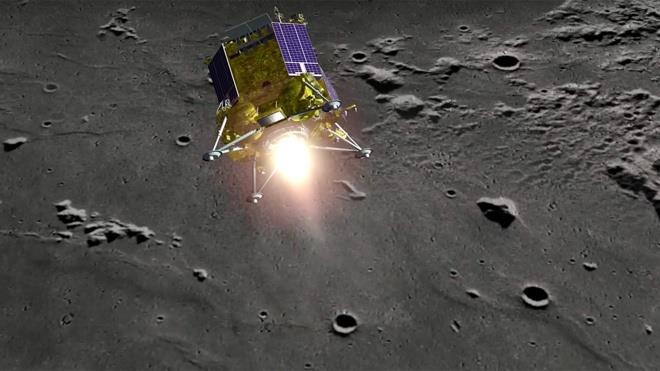According to the space corporation’s statement after a preliminary analysis, released to the media today, the Luna-25 spacecraft went into an unscheduled orbit, and ceased to exist after hitting the Moon’s surface.
Roscosmos pointed out that the probe deviated from the assigned trajectory because the factual characteristics of the impulse turned out to be different from the programmed ones.
The first Russian lunar probe in nearly half a century, Luna-25, was launched in the early hours of August 11 from the Vostochny Cosmodrome in Russia’s Far East.
The Soyuz-2.1b rocket placed the robotic probe on a trajectory approaching the Moon and it was planned that, after passing from one orbit to another for several days, the device would land near the Moon’s south pole and begin a research mission that would have lasted for a year.
Luna-25 would be the first station to make a soft landing in the circumpolar region, where the terrain is difficult, since all its predecessors landed in the equatorial zone of the Earth’s satellite.
jrr/jav/mem/gfa









